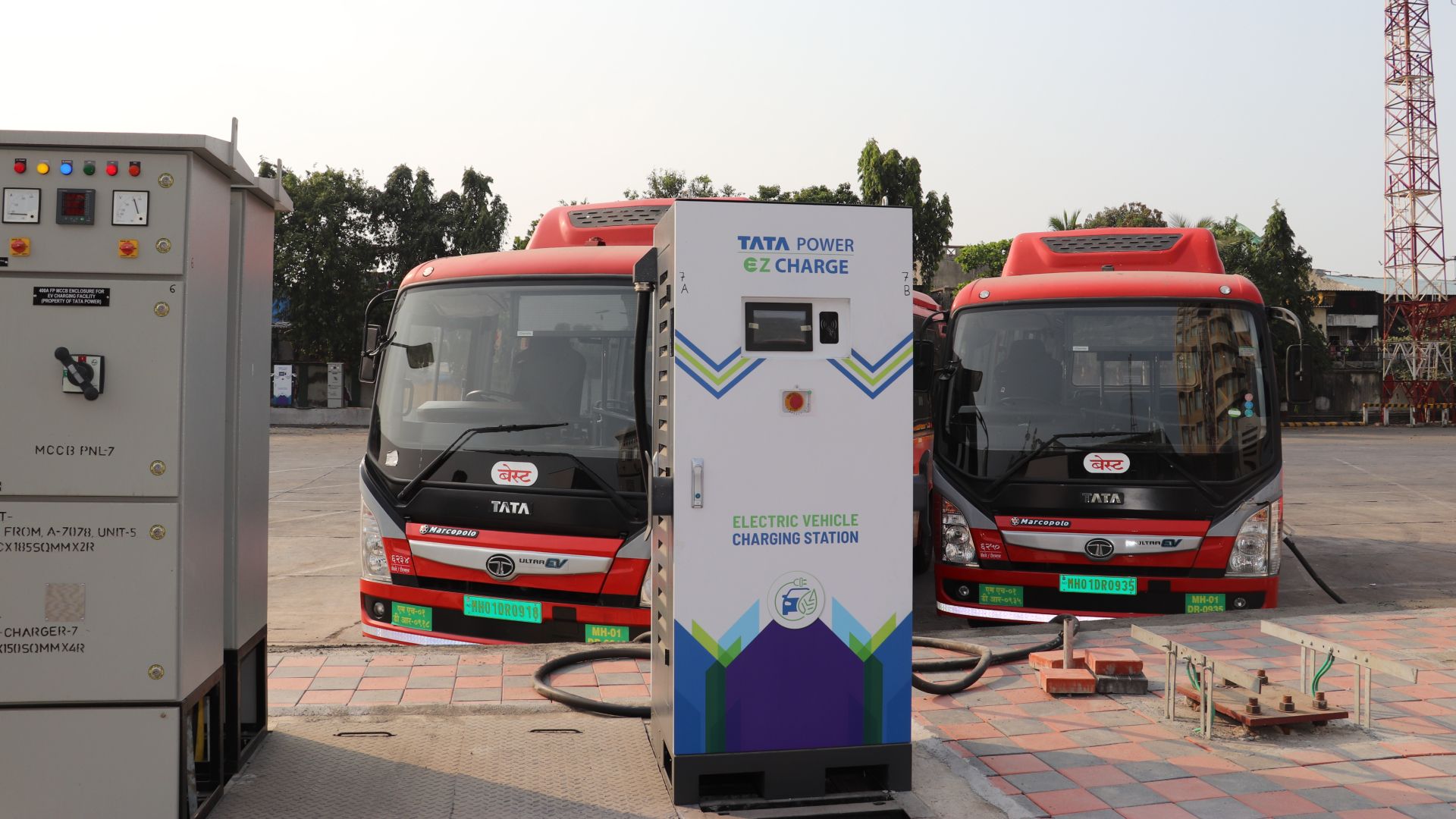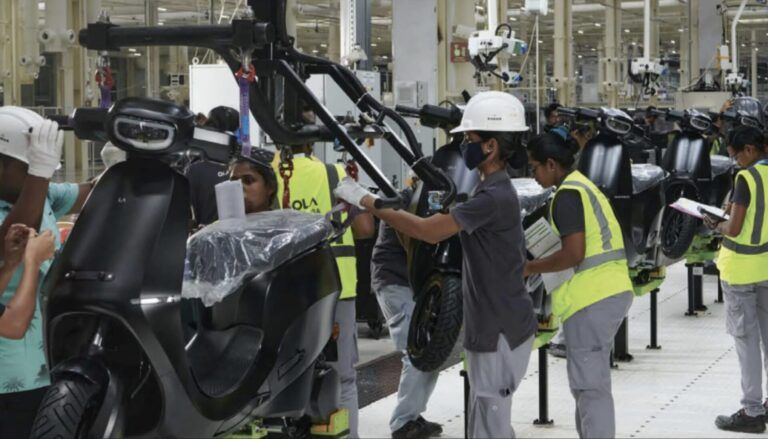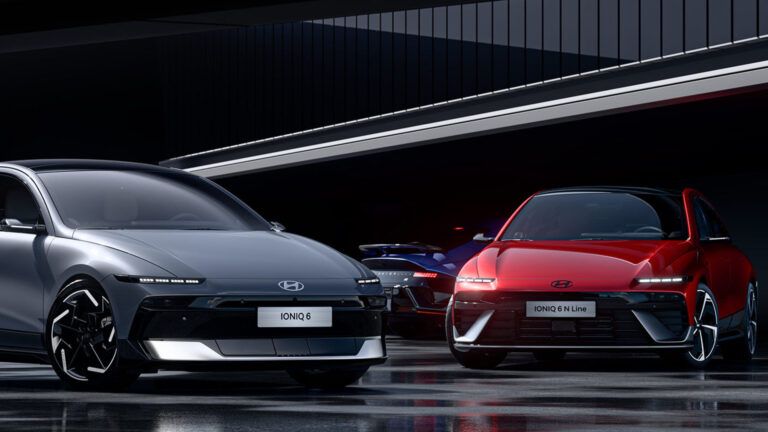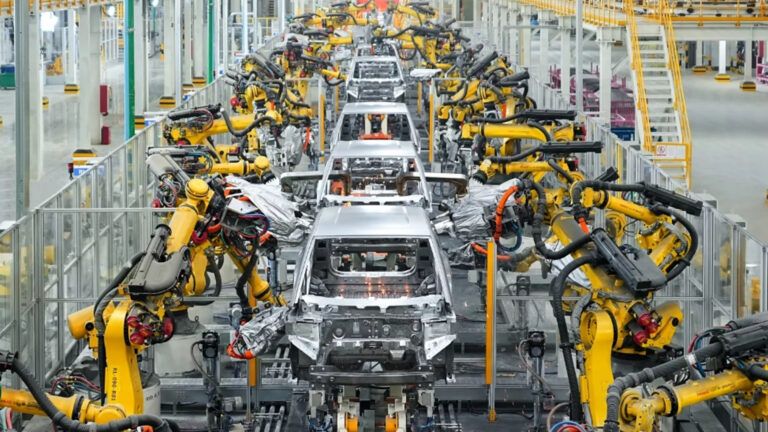Tata Power’s subsidiary, Tata Power Renewable Energy, has set up over 850 charging points in more than 30 bus depots in cities like Delhi, Mumbai, Ahmedabad, Bengaluru, Jammu, Srinagar, Dharwad, Lucknow, and Goa. These installations are a critical part of Tata Power’s plan to accelerate the move towards electric vehicles in the country.
The press release mentioned that Tata Power has helped introduce over 2300 electric buses across the country. Additionally, the charging network saved more than 1 lakh tonnes of CO2 emissions from vehicle exhausts.
Tata Power Renewable’s charging infrastructure includes powerful fast chargers ranging from 180 to 240 kilowatts. On average, it takes between 1 to 1.5 hours to fully charge. These fast chargers can quickly recharge buses, meeting their busy operational requirements.
Delhi has the most electric buses using Tata Power’s EV charging points. Moreover, Mumbai, Bengaluru, Ahmedabad, Jammu, and Srinagar are close behind.
The company aims to reach Net Zero emissions by 2040, in line with India’s Net Zero goals. As a leader in green energy in the country, Tata Power provides various green energy solutions like rooftop solar, home automation, smart metering, and EV charging to encourage sustainable living.
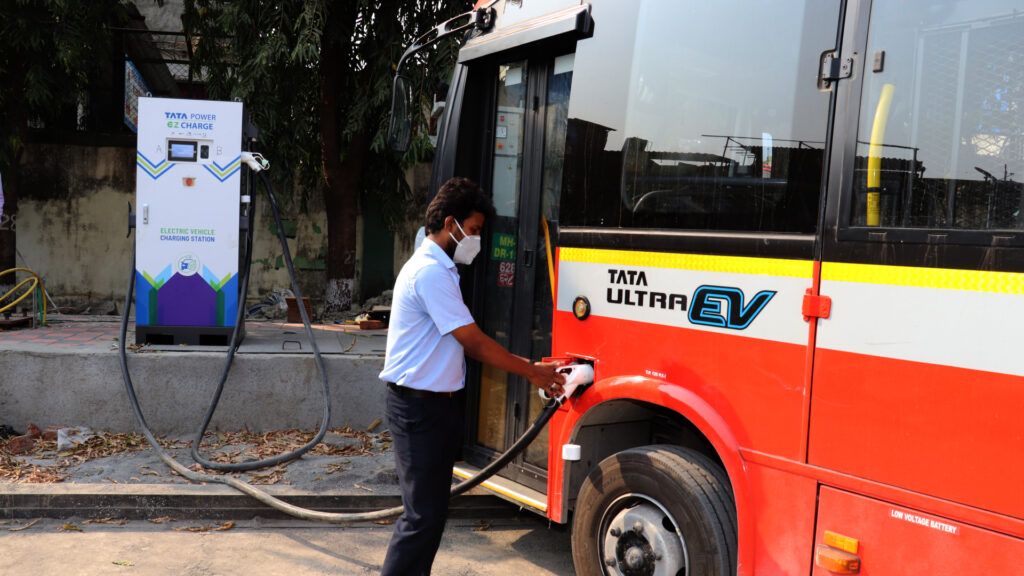
Sustainable Mobility in Karnataka
Tata Power is leading the way in promoting sustainable transportation in Karnataka. Recently, they installed more than 220 charging points throughout the state and are working to add more. This effort aligns with Karnataka’s goal of adopting clean and efficient transportation.
All charging points allow transactions using RFID cards, making the charging process smooth. This means consumers can easily tap their card, charge their vehicle, and go without any hassle.
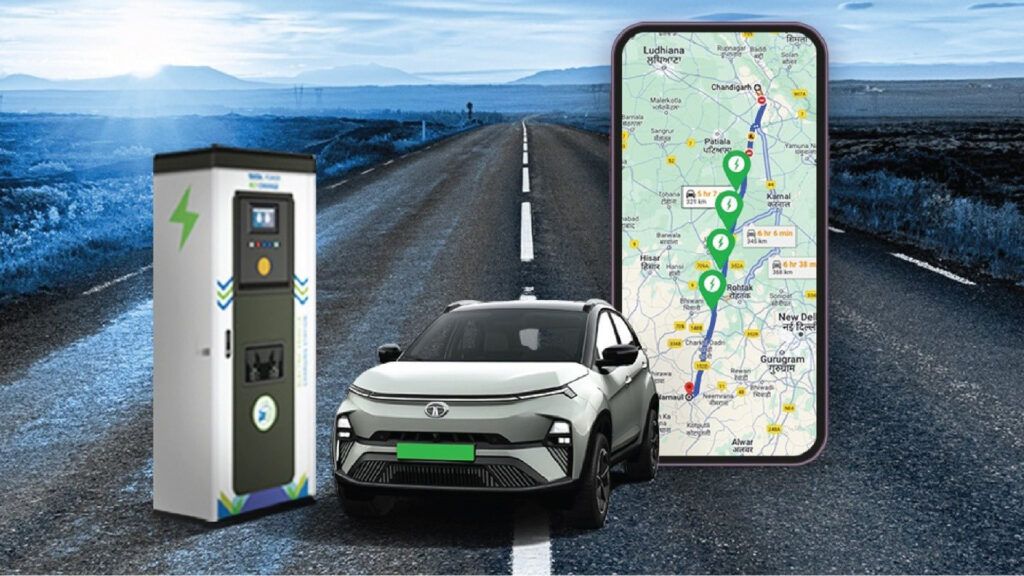
About Tata Power
Tata Power is a major power company and a part of Tata Group, which is India’s biggest multi-national business group. The company has a wide-ranging portfolio of 14,707 megawatts.
The company is leading the way in India’s shift to clean energy. They generate 5,593 megawatts of clean energy, making up 40% of their total capacity. Additionally, the company has pledged to become carbon neutral before 2045.
Moreover, it has created India’s most extensive clean energy platform, providing services like rooftop solar, microgrids, storage solutions, EV charging infrastructure, home automation, and more. They have collaborated with both public and private organizations in India’s energy generation, transmission, and distribution sectors. Currently, they serve around 13 million customers throughout the country.

